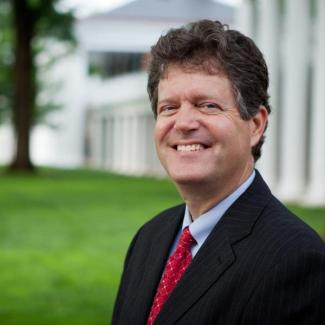Event

What drives differences across countries in levels of civic engagement? Both the United States and Japan have been described as having high levels of civic engagement, but a variety of measures show that the type of involvement that is most common varies. Americans join and contribute to national political groups, but membership in PTAs and volunteer firefighting units is low and declining. Japanese participate at a much lower level in national advocacy organizations, but they join local neighborhood associations at very high rates, participate extensively in PTAs, and volunteer to clean up neighborhood parks. In this talk, Professor Schoppa unravels why Japanese have such high rates of local civic engagement by examining how parents and volunteers have mobilized to maintain high rates of walking to and from school during a period in which walk-to-school rates have plummeted in the United States. Professor Schoppa argues that the higher rate of Japanese local engagement in this area is motivated by housing markets that limit residential mobility to much lower levels than in the United States. High cost of residential “exit” in Japan drives citizens to exercise “voice” to maintain the safety and walkability of their neighborhoods.
Leonard Schoppa is Associate Dean for the Social Sciences and Professor of Politics at the University of Virginia. He works with social science department chairs and unit heads ensuring coordination and collaboration among them. He has oversight of social science faculty recruitment, hiring, evaluation, promotion, tenure, and retention. He ensures compliance with EOP procedures and works with search committees to develop strategies to diversify the social sciences faculty. He manages social science departmental budgeting and is responsible for day-to-day resource allocation, space allocation and renovation, and management.
cosponsored with the Center for Asian Law